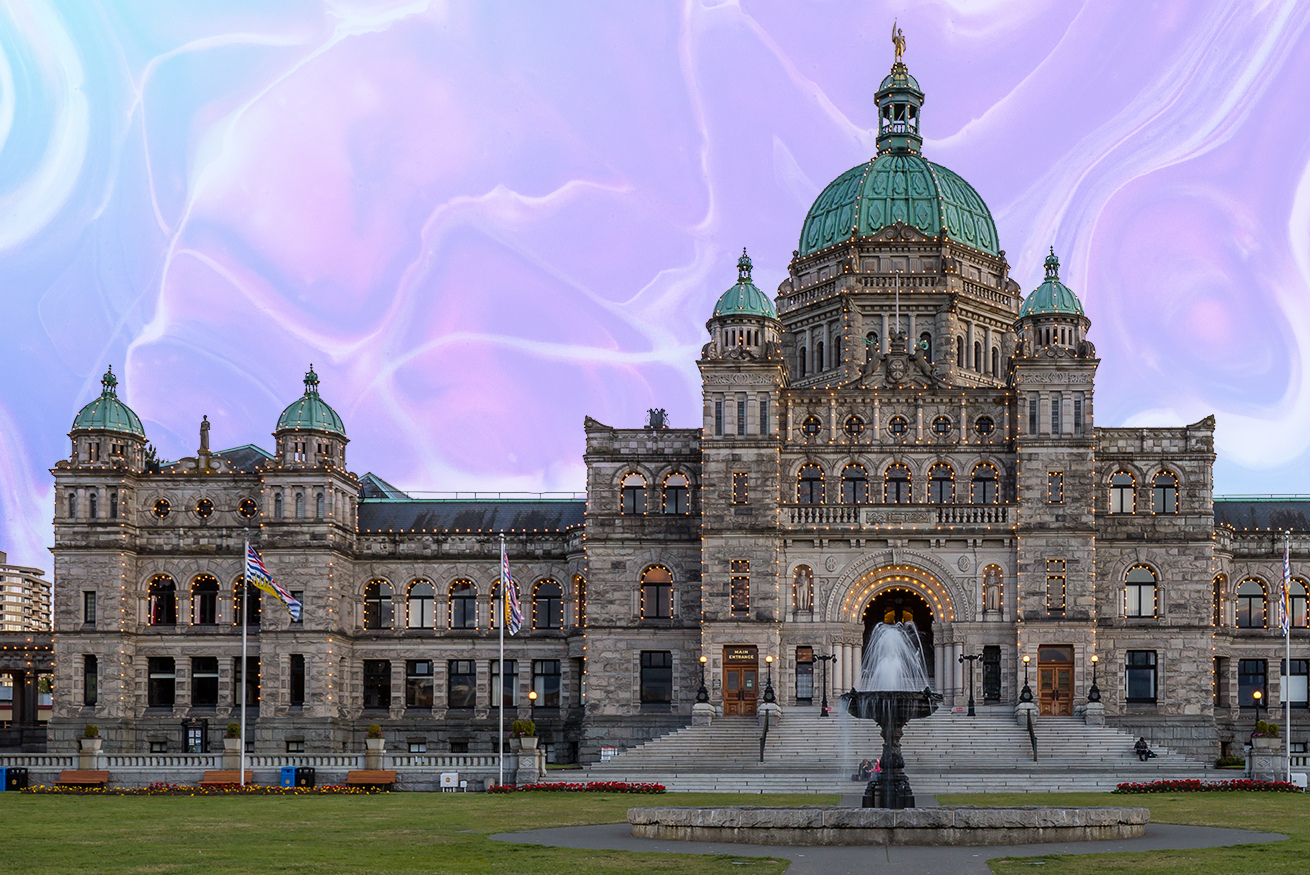
British Columbia was just granted permission by Justin Trudeau’s federal government to decriminalize the possession of most drugs within the Canadian province of 5 million people.
The major policy shift was announced in Vancouver today by Federal Mental Health and Addictions Minister Carolyn Bennett and her provincial counterpart, Sheila Malcolmson. The legislation is aimed at ameliorating the opioid overdose crisis which has hit the province particularly hard.
Importantly, it is solely the possession and use of illegal substances that will be decriminalized, not the sale or distribution of them. The suppliers of illegal drugs—especially those that contain the deadly fentanyl—will continue to be prosecuted.
Under the new regulations, which will come into effect on January 31, 2023, those caught with under 2.5 grams of illicit drugs, including heroin and fentanyl, will not face jail time. Furthermore, police will not seize the drugs, but rather will provide information about accessing addiction and health services.
The move comes after the province, led by the socially democratic New Democratic Party—commonly known as the NDP—officially requested an exemption from federal law which criminalizes the possession of many drugs. Though the BC government had originally asked for the limit to be 4.5 grams—rather than the granted 2.5 gram maximum—the federal government otherwise allowed their request.
The hope behind this policy pivot is that by decriminalizing the use of illegal substances, it will remove the stigma and shame carried by those addicted to drugs, and allow them to reach out for medical help.
Explaining BC’s request, Sheila Malcolmson writes, “Stigma drives people to hide their drug use, avoid health care and use alone…Through province-wide decriminalization, we can reduce the fear and shame that keep people silent about their drug use, and support people to reach out for help, life-saving supports and treatment.”
Ultimately, the rationale is that by convincing people in crisis situations to seek medical help without fear of consequences, the province can put a dent into the opioid overdose epidemic which has been devastating the province.
This epidemic has escalated in recent years. In 2021, illicit drugs claimed the lives of 2,224 British Columbians, up more than 400% in the last seven years. To put this in context, as of July 2021, fatal drug overdoses were outpacing covid-related deaths in BC by 67%.
To understand the implications of this move, Psychedelic Spotlight reached out to PSYC Corporation’s Drug Policy Advisor and American Public Defender Brad R. Schlesinger, Esq. Schlesinger is a subject matter expert on systemic racism within the carceral state, sentencing law and policy, drug policy, and civil liberties, and is a member of the United States Supreme Court Bar.
Schlesinger told Psychedelic Spotlight that, “the decision of the BC government to move away from the decades-long failure of global drug policy and decriminalize the possession and use of small quantities of drugs is a most welcome sight.”
Continuing, he argues that, “while not a panacea, this is undoubtedly a big step in the direction of a harm reduction and evidence-based approach to drug policy. As Portugal’s highly successful 20 plus year experience with a similar decriminalization approach shows—eliminating criminal penalties and the possibility of incarceration for drug possession and use results in less death and disease, reductions in long term addiction rates, increased rates of people seeking voluntary treatment, and less human caging.”
This move by BC is a big step towards ending the global war on drugs. If BC follows Portugal in being a successful example of decriminalization, it is likely other jurisdictions—both within Canada and around the world—will follow their lead.
On the national level, there is legislation backed by the federal wing of the NDP which would decriminalize the possession of drugs country-wide. While the governing Liberals have indicated that they will not support it at this time—though nothing is yet set in stone—it could be brought up again in the future.
By allowing BC to decriminalize drugs within its jurisdiction, the federal government may be taking a wait-and-see approach to decriminalization. After a couple of years, if this experiment in BC is deemed a success, the Trudeau government will likely expand it to other jurisdictions.





